Pediatric Chronic Kidney Disease Guidelines
Pediatric chronic kidney disease guidelines. Chronic kidney disease CKD is a devastating diagnosis with many co-morbidities in-creasing the risk of mortality 30 to 150 times that of the general pediatric population. Kidney Malformations. The need for adequate vitamin and mineral intake for normal growth and development is reaffirmed with recommendations for supplementation as.
Abnormalities in calcium phosphorus parathyroid hormone PTH or vitamin D metabolism. Chronic kidney disease CKD is the new term defined by the National Kidney Foundation Kidney Disease and Outcome Quality Initiative KDOQI Group to classify any patient who has kidney damage lasting for at least 3 months with or without a decreased GFR or any patient who has a GFR of less than 60 mLmin per 173 m2 lasting for 3 months with or without kidney damage. It aims to provide an overview of nutritional challenges unique to a pediatric patient with CKD and practical management guidelines.
The guideline updates and expands the pediatric recommendations of the 2000 Kidney Disease Outcomes Quality Initiative KDOQI Clinical Practice Guidelines for Nutrition in Chronic Renal Failure. The guideline updates and expands the pediatric recommendations of the 2000 Kidney Disease Outcomes Quality Initiative KDOQI Clinical Practice Guidelines for Nutrition in Chronic Renal Failure. Chronic kidney disease CKD is a devastating diagnosis with many co-morbidities in- creasing the risk of mortality 30 to 150 times that of the general pediatric population.
Scope Statement of Intent and Patient Preference Guideline. Metabolic. CKD is classified based on cause GFR category G1G5 and albuminuria category A1A3 abbreviated as CGA.
In countries where renal replacement therapy is readily available the most favored treatment modality is renal transplantation in all pediatric age groups. CURRENT CHRONIC KIDNEY DISEASE CKD NOMENCLATURE USED BY KDIGO CKD is defined as abnormalities of kidney structure or function present for 3 months with implications for health. Prior kidney disease or dialysis Incidental albuminuria or hematuria microscopic or gross in the past Urinary symptoms female x 1210 if Africansuch as nocturia frequency polyuria urgency hesitancy.
Criteria used by KDIGO for topic prioritization include the burden of illness based on prevalence and scope of the condition or clinical problem. Executive Summary - major recommendations and ratings by Nutrition Care Process category. Among the revisions from the previous guideline are recommendations concerning the dietary intake of sodium potassium calcium phosphorus and fat in children with CKD.
Abnormalities in bone histology linear growth or strength. Potential of guidelines to reduce variations in practices.
Criteria used by KDIGO for topic prioritization include the burden of illness based on prevalence and scope of the condition or clinical problem.
Chronic kidney disease CKD is a devastating diagnosis with many co-morbidities in-creasing the risk of mortality 30 to 150 times that of the general pediatric population. Additional efforts to define the epidemiology of pediatric CKD worldwide in a more uniform manner are necessary if a better understanding of the full extent of the problem areas for study and the potential impact of intervention is desired. The guideline information is divided into several sections. Abnormalities in bone histology linear growth or strength. Potential of guidelines to reduce variations in practices. Prior to consideration of the use of recombinant hGH there should be correction of 1 insufficient intake of energy protein and other nutrients 2 acidosis 3 hyperphosphatemia the level of serum phosphorus should be less than 15 the upper limit for age and 4 secondary hyperparathyroidism. AD Structural Kidney Disorders. Existence of a body of evidence of sufficient breadth and depth to enable the development of evidence-based guidelines. It aims to provide an overview of nutritional challenges unique to a pediatric patient with CKD and practical management guidelines.
Pediatric Chronic Kidney Disease. Amenability of a particular condition to prevention or treatment and expected impact. Executive Summary - major recommendations and ratings by Nutrition Care Process category. Pediatric Chronic Kidney Disease. Chronic kidney disease CKD introduces a unique set of nutritional challenges for the growing and developing child. AD Structural Kidney Disorders. Existence of a body of evidence of sufficient breadth and depth to enable the development of evidence-based guidelines.
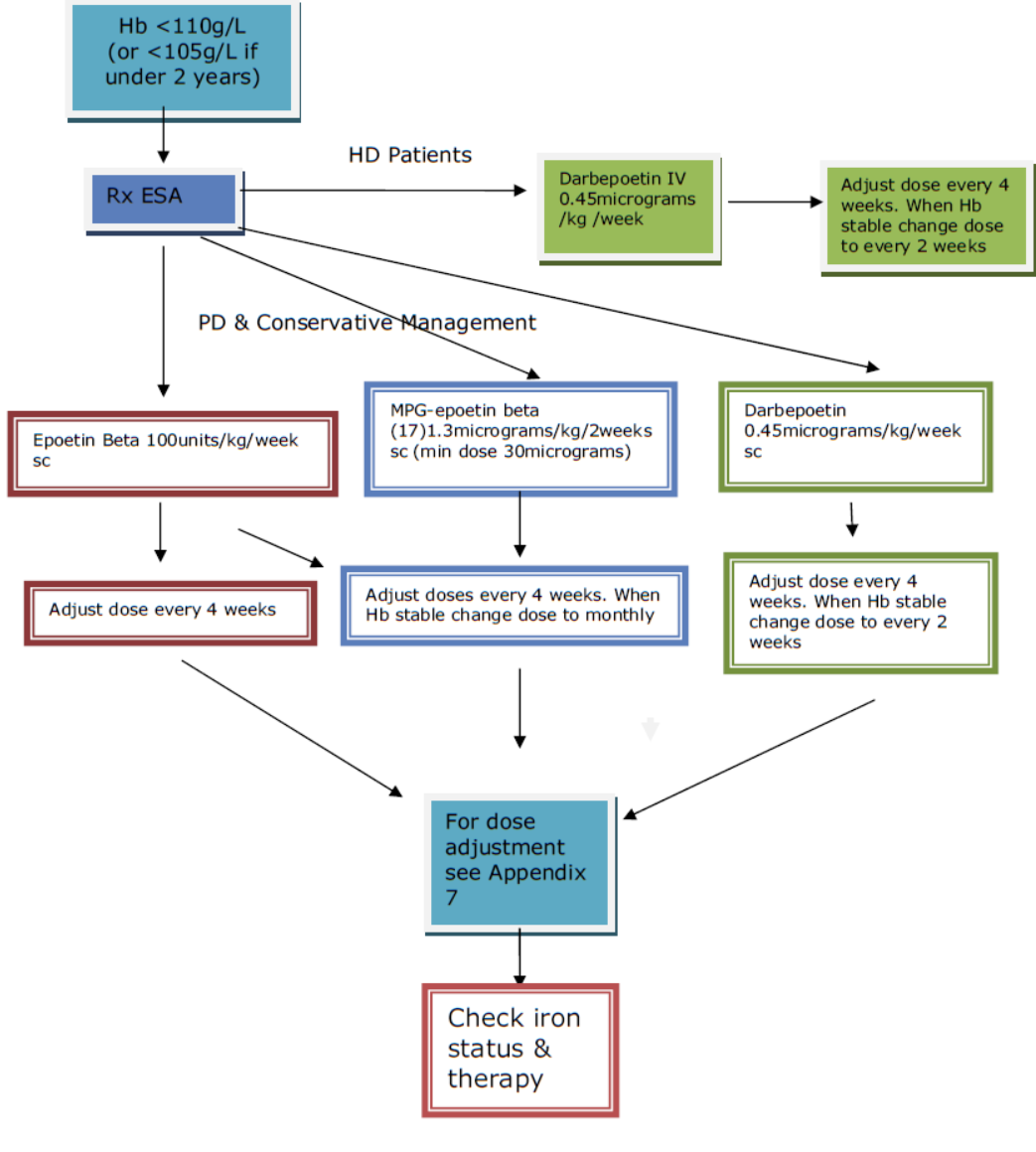
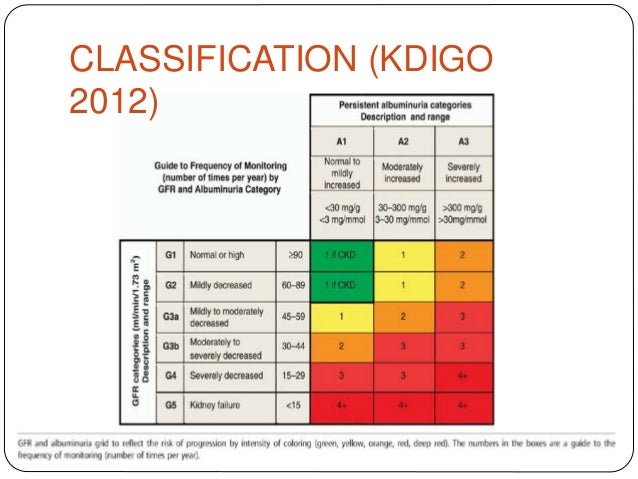

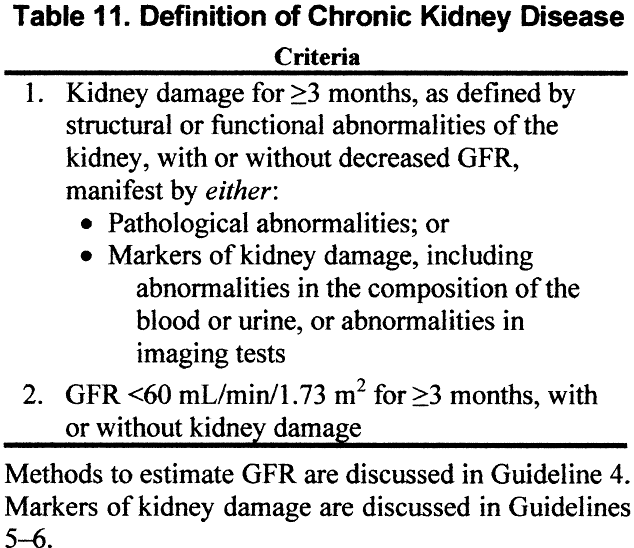


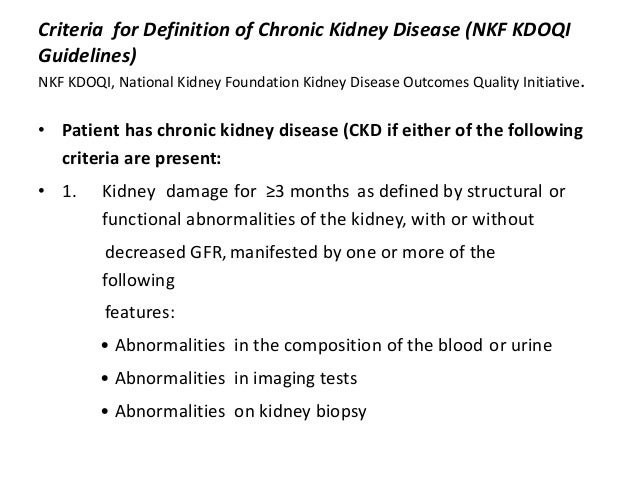



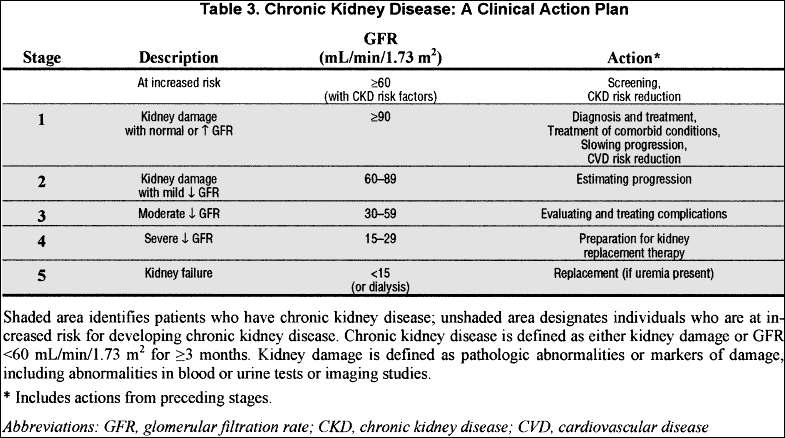






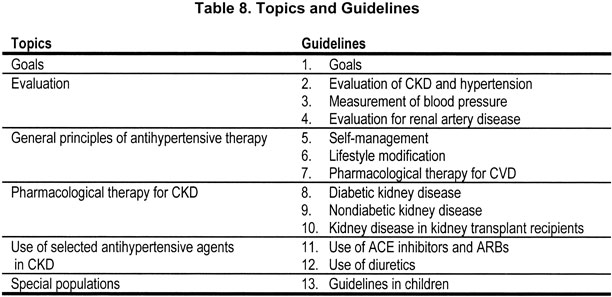



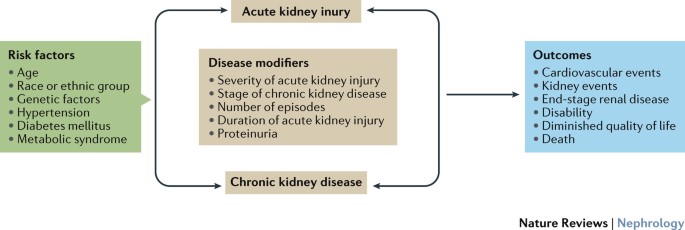
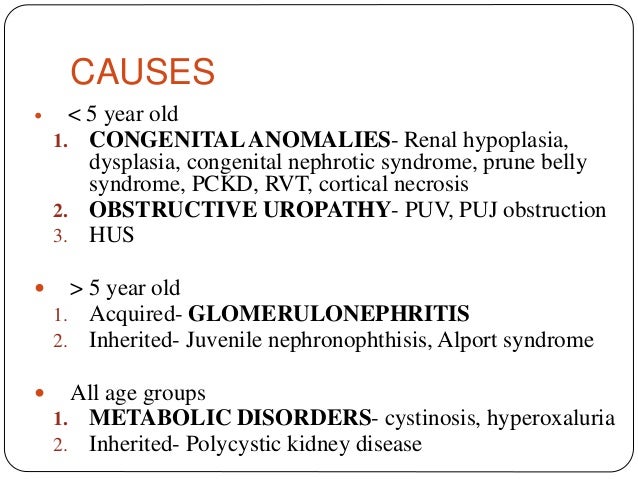
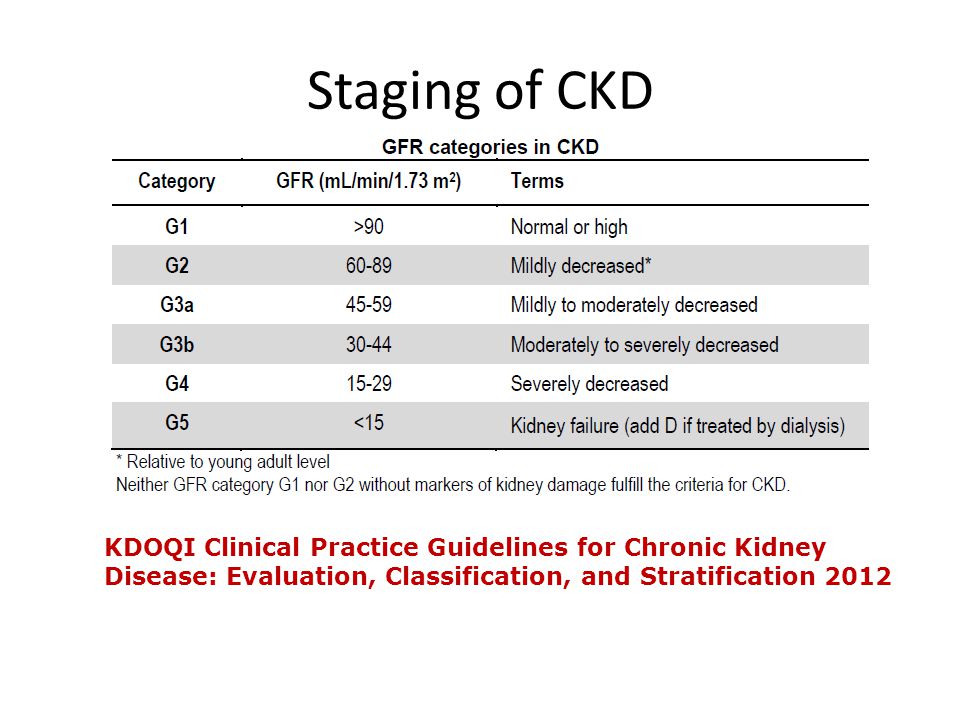
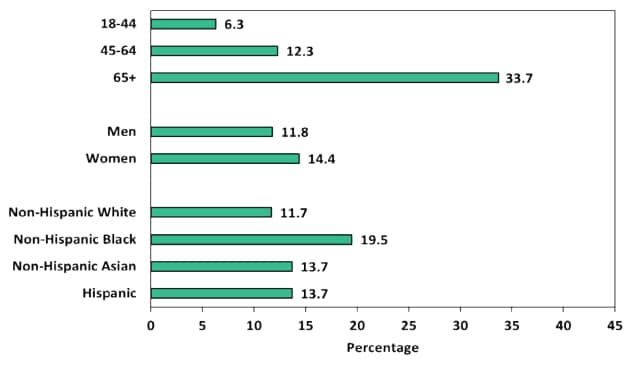








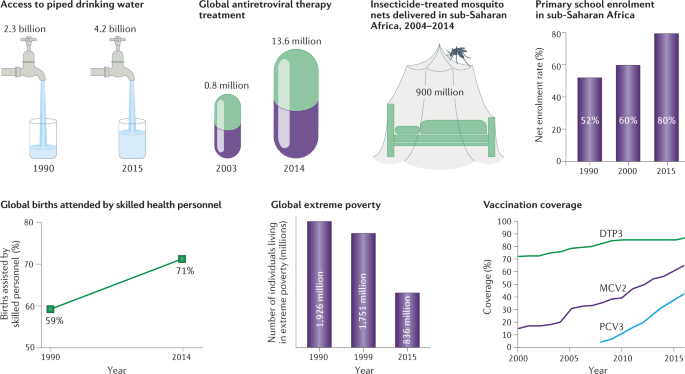







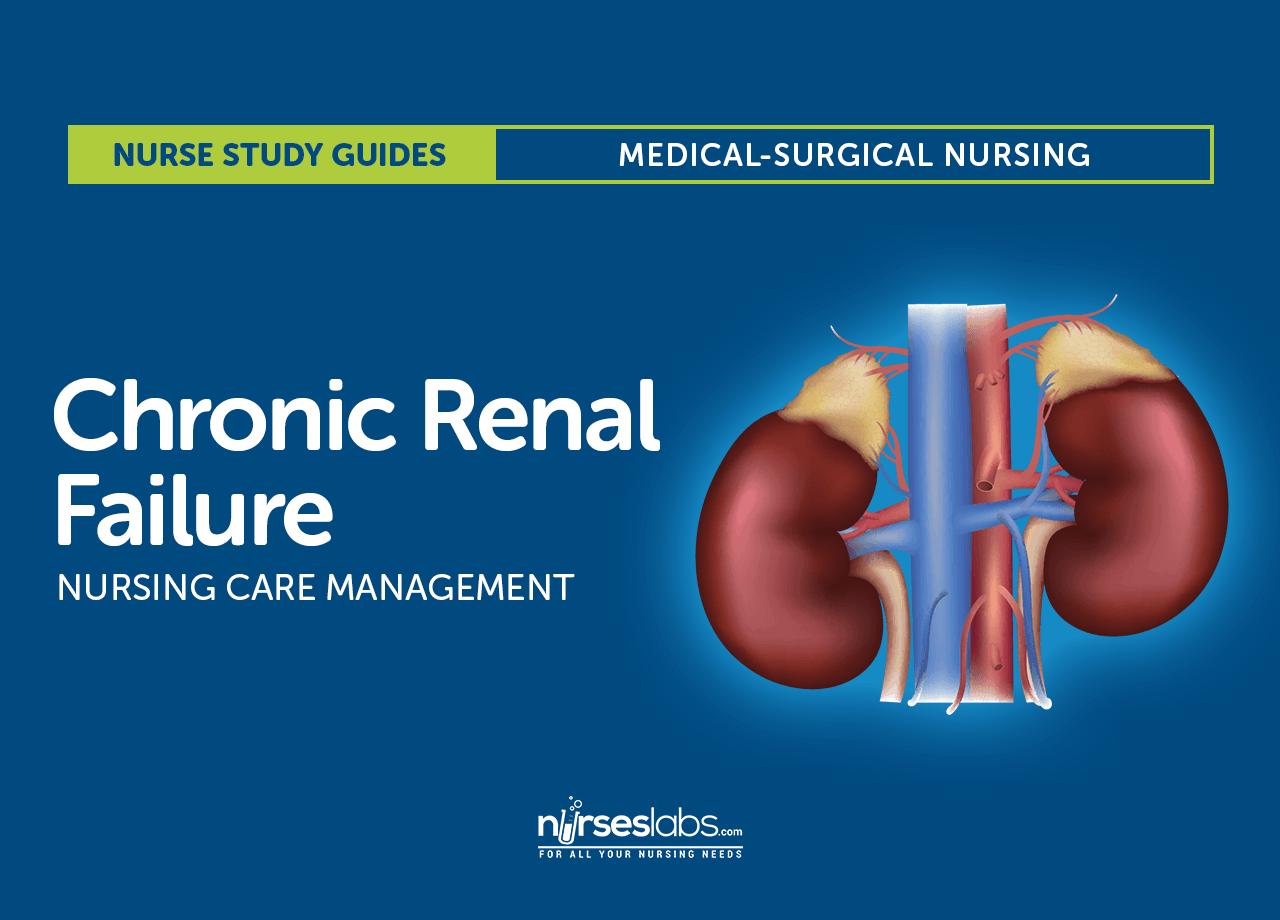
Post a Comment for "Pediatric Chronic Kidney Disease Guidelines"